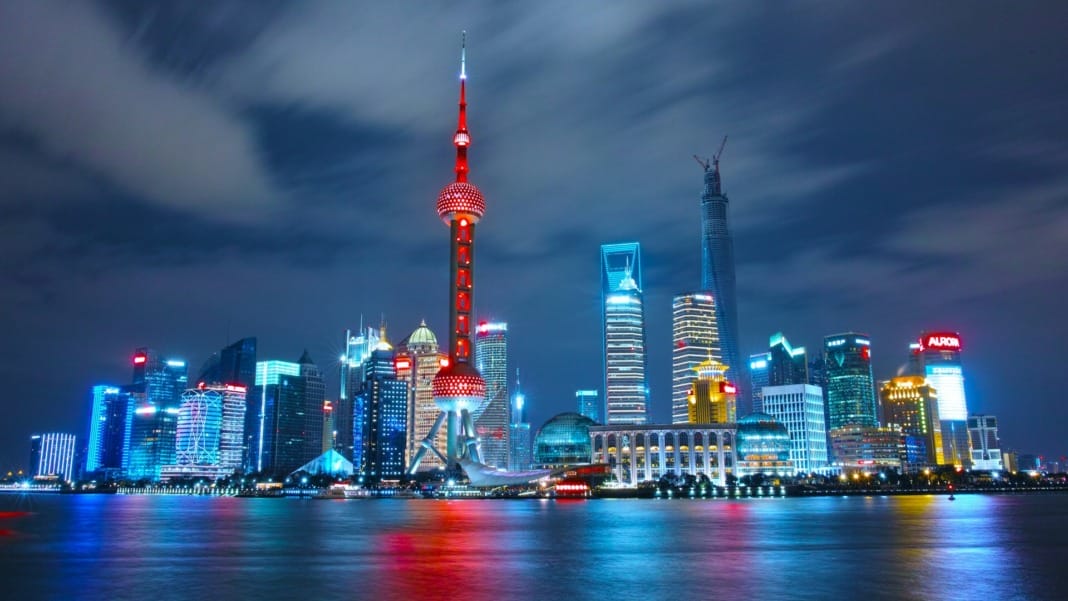You might remember when American CEOs viewed China as a land with opportunities. Yet recent events suggest this era may have come to an abrupt end. Let’s explore the complex realities US tech giants like Apple and Tesla are facing in China, the world’s second-largest economy.
The rise of Chinese nationalism and local competitors
China’s shift towards a strong sense of nationalism has significantly impacted the reception of Western businesses. This change in sentiment is particularly stark as local Chinese companies emerge as formidable contenders. This evolving landscape has led to fierce competition for consumer loyalty, presenting a substantial challenge for US corporations that once envisioned China as a pivotal market for this century.
Tech giants’ struggle: Apple and Tesla’s case studies
A closer look at the tech sector reveals the struggles of American companies in China. According to Counterpoint Research, Apple has witnessed a sharp decline in iPhone sales, with a 24% drop in the first six weeks of the year. Tesla’s situation is no different, with Bloomberg reporting a significant shipment decrease from its Shanghai gigafactory. Despite these setbacks, it’s crucial to note that these companies maintain substantial revenues, with Apple generating $20.8 billion in the last three months of 2023 from Greater China alone.
The evolving battle for tech supremacy
In the past, Chinese companies often imitated their Western counterparts, usually producing products of lower quality. However, this trend is shifting dramatically. For instance, Huawei’s Mate 60 Pro, a cutting-edge 5G smartphone, has become a domestic favourite, rivalling the iPhone despite the lack of US components due to export bans. This trend is similar to that observed in the electric vehicle sector, with local manufacturers like BYD gaining significant market share by offering more affordable options than Tesla.
Furthermore, the Chinese government’s increasing support for domestic technology, highlighted by Premier Li Qiang’s emphasis on technology driving annual growth, is likely to intensify this competition. The Wall Street Journal notes that policies such as Document 79, which pushes state-owned enterprises to replace foreign software with local alternatives by 2027, exemplify this shift.
As the landscape evolves, Western companies’ responses will be pivotal. China’s market remains too crucial to ignore, as evidenced by Suzanne Clark, head of the US Chamber of Commerce, who visited Beijing to strengthen business ties.





